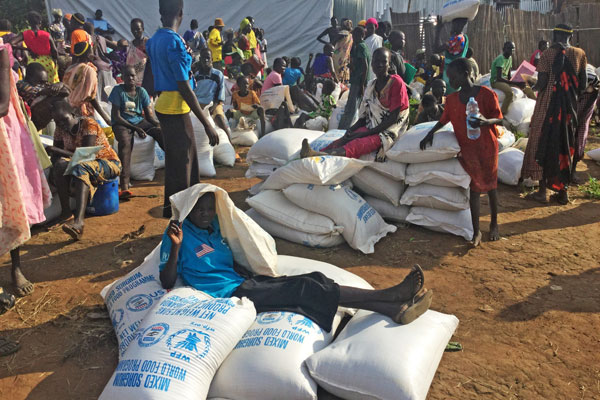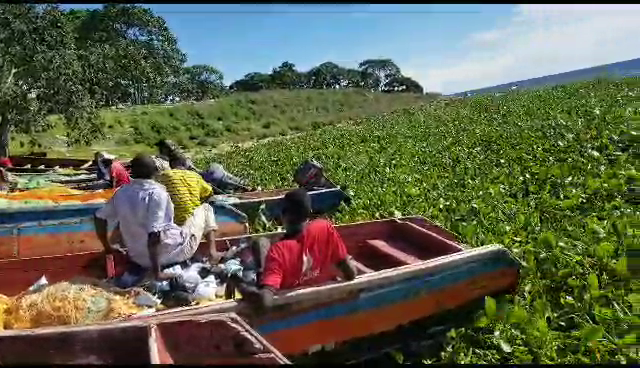Uganda is at the humanitarian frontline

Uganda is currently hosting more than 1.4 million refugees, the highest in Africa, and the country is set to receive some 2,000 asylum seekers from Afghanistan. Many people have reacted with different concerns, asking why Uganda is granting asylum to these ‘guest’ from very far, aren’t there neighbouring countries in the Middle East to host them, and many other questions?
Uganda has an open-door policy for refugees and through its Office of the prime minister, the principal government entity for managing refugee issues, the country has successfully translated international convention into practice, offering great lessons for other countries to emulate. The Ugandan public should be proud of this great humanitarian gesture that has made our country have a new outlook as opposed to being associated with the outlook of the 1970s.
The processes involved in addressing the Afghan refugee questions are trilateral in nature; involving the US government, the government of Uganda and the UNHCR which operates majorly through partners. The two state actors in question, the US and Uganda are adhering to international obligation to cooperate in addressing refugee challenges and the UNHCR is playing mandate to support persons in need of international protection. The protection of refugees stems from our aspiration as members of the same human family who should offer at least moral support through the basic principles of non-discrimination, respect and do no harm to our guests. As members of the host community, we should preserve the identity of our guests in all aspects including cultural values, religious freedom, and human rights.
Development actors are best suited with urban refugee programmes to support vulnerable categories given its expertise through national and international frameworks which offer comprehensive support to the needs of the refugees and host communities.
A very important aspect to note as host communities is to have realistic expectations, for instance, market opportunities for goods and services offered by the presence of the Afghan refugees promotes business expansions for market service providers, rehabilitation of service services facilities such as health centres, markets and schools to cater for the increased number of users, and the funds that come with these interventions to support the local micro-economy of the area of settlement, all of which are beneficial to the host population.
There are three major durable solutions in refugee management; voluntary repatriation which involves taking the refugees back to their countries upon their consent when conditions are deemed fit, social reintegration which involves making them stay in the second country of asylum, and the third one is resettlement to a third country which involves acquiring residence status.
In my opinion, most of these Afghan refugees will suitably have resettlement option as a better deal due to the geo-environmental and cultural aspects that creates adaptability challenges for them in Uganda.
Job Amot




